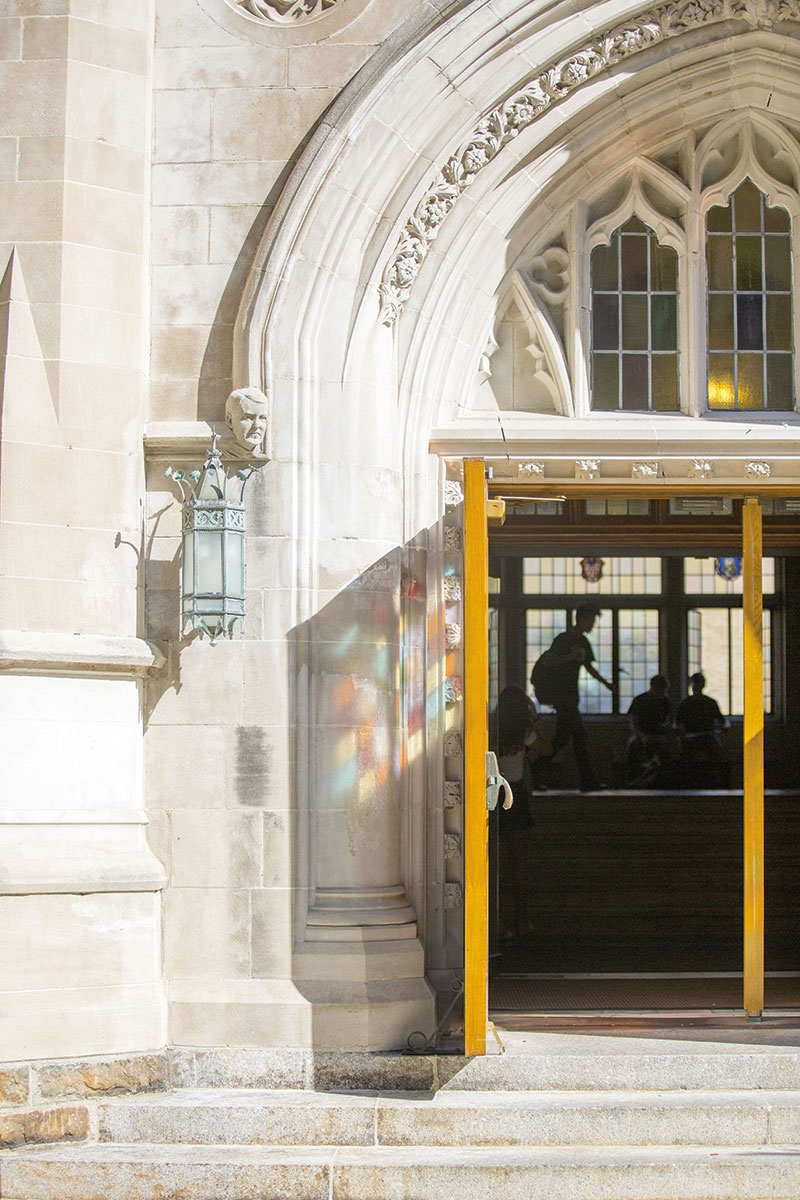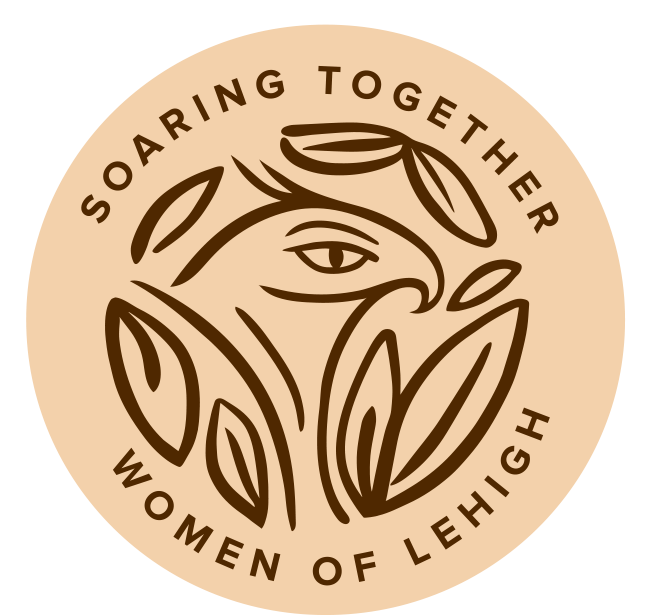 It was a quintessential “good problem” to have for Svetlana Tatic-Lucic, the Rossin College’s associate dean for faculty development, and the individuals and committees involved in faculty hiring.
It was a quintessential “good problem” to have for Svetlana Tatic-Lucic, the Rossin College’s associate dean for faculty development, and the individuals and committees involved in faculty hiring.
The pool of more than 800 applicants represented an unprecedented response to an unconventional approach to recruiting talent in unusual times.
“The pandemic caused most universities, especially large and state-supported institutions, to freeze their typical hiring cycles,” says Tatic-Lucic, who has a joint appointment with the departments of bioengineering and electrical and computer engineering. “We saw this as a moment for Lehigh to follow a different path, an excellent opportunity to open our doors—when so few institutions did—to attract top scholar–educators in areas of critical importance.”
Tatic-Lucic is also a chair of the Rossin College Diversity, Equity, and Inclusion Council. Formed in 2019, the DEI Council includes representatives from each of the eight engineering departments and a staff member. Tatic-Lucic has directed the group in conducting a historical review of the college’s DEI efforts, identifying baseline metrics, and outlining objectives for creating and maintaining an equitable and just environment (the basis of a strategic plan adopted over the summer).
Those activities contributed to a university-level milestone: earning Bronze status from the American Society for Engineering Education’s Diversity Recognition Program. Over the past two years, more than 120 institutions have been recognized by ASEE for making “significant, measurable progress in increasing the diversity, inclusion, and degree attainment outcomes of their programs.”
Numerous DEI Council members helped facilitate the college’s recent faculty search, which, Tatic-Lucic says, focused primarily on academic excellence, while also “putting particular emphasis on identifying new professors with passion and leadership experience around initiatives that help to create diverse, equitable, and inclusive learning environments.”
The call for applicants was intentionally broad—not tied to specific disciplines or departments, nor level of experience or seniority. The evaluation process was inherently demanding, requiring multiple rounds of screening and interviews (conducted via Zoom in the midst of the pandemic) to narrow the sea of candidates down to a pool of the most promising. And the result—seven new faculty members (five of whom are either women or members of other historically underrepresented groups) with enthusiasm for DEI work—was unquestionably successful in advancing the college’s strategic priorities.
The disciplines and research directions of these new faculty members range widely, from modeling, optimization, and resilience of interconnected infrastructure systems to novel material design strategies inspired by nature. There’s also commonality in the high degree of interdisciplinarity in their envisioned research. (For example, one is a joint hire with Lehigh’s College of Health.) Some are making the jump from postdoc to professor. All, says Tatic-Lucic, hold exemplary credentials and extraordinary promise.
And, as prescribed, they share a passion for advancing diversity, equity, and inclusion in the academic setting. In some cases, the new professors have demonstrated their support for increasing representation in STEM by taking on leadership positions in student and young investigator sections of their professional societies. Others have focused on community outreach, tutoring teenage immigrants and motivating them to pursue college degrees, or volunteering with organizations that provide mentoring and other support for children and families in low-resource areas.
“Many of our new hires were inventive in the way they made a difference,” explains Tatic-Lucic, “and, likewise, they have wonderful ideas on how to make an impact here at Lehigh, too.” She points to a proposed initiative to increase representation of Hispanic and LBGTQ+ communities, as well as a suggested plan to secure external funding and promotion for research conducted by those who are underrepresented in STEM fields.
“We are inspired by the talent this search has delivered and we look forward to significant contributions from this group to our educational and research missions,” says Stephen P. DeWeerth, professor and dean of the Rossin College. “Our department leadership, working with the DEI Council, seized an opportunity for broader visibility and interest amid a hiring cycle upended by the pandemic. The result has enhanced the diversity of our community in terms of representation and academic focus.”

